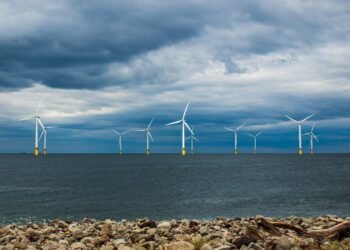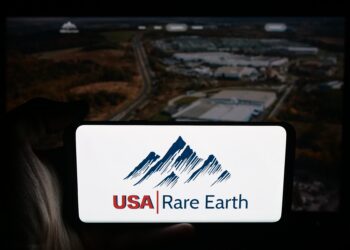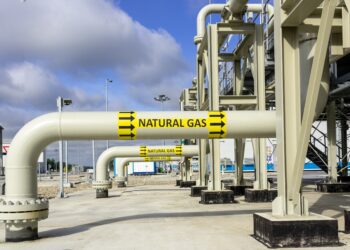Eat a plant-based diet
By 2033, it’s thought that there will be almost two billion cattle, one billion pigs, 32 billion poultry, and nearly three billion sheep on our small blue-green planet – that’s some 38 billion individual animals. As they go about their lives, all will be releasing the potent greenhouse gases methane and nitrous oxide – molecules which have effects 28 and 265 times stronger at warming the planet than carbon dioxide, respectively. That’s not to mention the vast amounts of land and water required to keep them.
As a result, it’s widely agreed among the scientific community that to rescue the global climate from ever-warming temperatures, one of the most impactful ways our species can change its behaviour is to eat less meat. According to one UK study, vegans have diets that emit just 25% of the carbon emissions of the most carnivorous meat-eaters, while both vegetarians and vegans have significantly lower water use and cause less harm to biodiversity than omnivorous ones.
Take the train instead of flying
Transport is the biggest source of emissions in the US, where it contributes almost a third of the total emissions, and makes up 16% of emissions globally. While infrastructure change is critical to helping people cut the emissions from transport, individual action can still can go a long way toward reducing this.
If you fly regularly, it’s probably making up a huge proportion of your carbon footprint, so cutting out any flight is one of the best ways to live more sustainably. Using the train, bus or even a car with more than one person is nearly always lower carbon per km or mile. And reducing flying will also likely mean you travel closer to home, reducing carbon even further.
Buy fewer clothes
Fashion is a major contributor to global warming, responsible for 8-10% of global emissions, more than aviation and shipping combined. Every second, the equivalent of a rubbish truck full of clothes is burned or buried in landfill, according to the Ellen MacArthur Foundation, an environmental non-profit.
So how can you make your wardrobe more sustainable? The best thing you can do is to buy fewer new garments, especially fast fashion items which are often made from unsustainable materials.
Reduce your carbon paw print
We love our pets. But research shows keeping animals is not always the most environmentally friendly thing to do. Take pet cats. They can generate over three tonnes of CO2 over the course of their life – equivalent to driving a petrol car 12,070km (7,500 miles).
Luckily, there are ways to reduce our animals’ carbon paw print. One option is to switch to more sustainable protein for their feed. The production of fish, for example, results in just a quarter of the emissions associated with lamb and beef. Another alternative protein gaining popularity in pet food is insects – which can be fed on food waste, and have a high feed-to-meat conversion rate.
Consider heating alternatives
Keeping our buildings warm through winter is one of the biggest challenges in sustainable energy. Fossil fuels still meet 60% of the world’s energy demand for heating, and emissions from the sector are still growing despite a rise in renewable heat.
If we’re going to switch off our gas boilers – or at least turn the thermostat down for now, what can replace this source of heat to keep homes safely warm?
Invest in a greener pension
When discussing sustainability, we don’t often think of our personal finances. But how we choose to save, invest and spend our money can make a surprisingly big difference to the climate.
Banks are major financiers of fossil fuels and while the money you put in the bank doesn’t directly go towards this, experts say that it can make a difference to their social licence. If you are unhappy with your bank’s current policies, you could consider moving your money to a credit union or building society, which are less likely to be funding fossil fuels due to the way they invest.
Cut down on single-use plastic
Plastic has seeped into every aspect of our existence. Microplastics have been found in Antarctic sea ice, inside animals in the deepest ocean trenches and in our food and drinking water.
Plastic production is expected to at least double by 2050, while plastic waste in the US has grown continuously since 1960. If we continue our plastic consumption at the current rate, it could account for 20% of oil production by 2050. More than 99% of plastic is made from chemicals sourced from fossil fuels.
It is difficult to completely cut out plastic, but we can take steps to reduce our consumption. This could not only help the planet, but our health too, as some types of plastic have been linked to infertility and endocrine problems.
By Isabelle Gerretsen, Zaria Gorvett, Martha Henriques, Katherine Latham, Lucy Sherriff and Jocelyn Timperley / BBC












